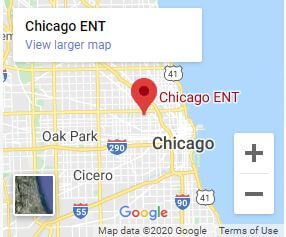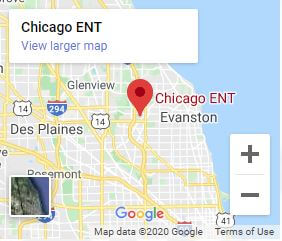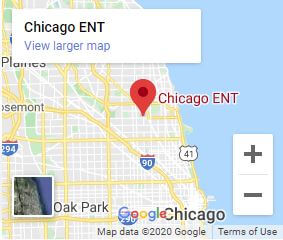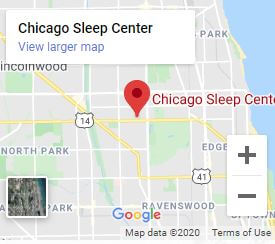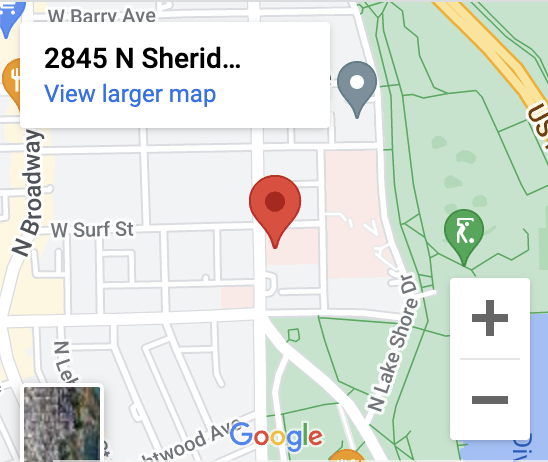You may have an allergy if you’ve experienced an allergic reaction after coming into contact with certain substances or eating some foods. Many factors, including medications, food, and environmental factors, can cause allergies. The first step towards finding relief from your allergies is allergy testing.
Keep reading to learn more about allergies, allergy testing, and how allergy testing can improve your allergies.
What are Allergies?
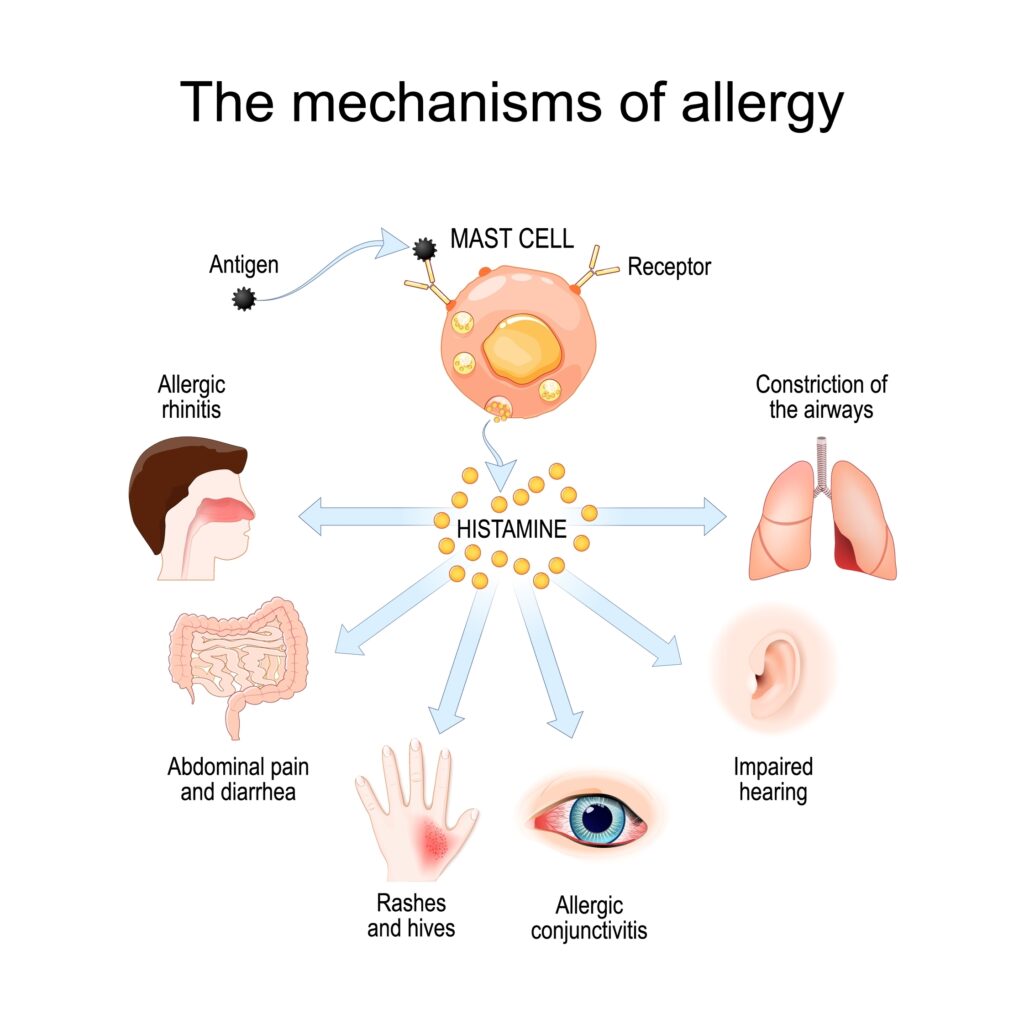
Your immune system defends and protects your body against harmful substances like viruses, fungi, and bacteria. Allergies occur when your immune system considers a substance, usually harmless to most people, as a threat. The substance is known as an allergen.
Examples of allergens include:
- Mold
- Latex
- Pollen
- Bee stings
- Dust mites
- Pet dander
- Cockroach droppings
- Medications such as penicillin and aspirin
- Foods like eggs, soy, peanuts, milk, fish, crustaceans, and tree nuts
When your immune system detects an allergen, it overreacts by launching antibodies called immunoglobulin (IgE) to fight the perceived threat. IgE antibodies then attach to basophils and mast cells, which release chemicals, including histamine, once in contact with the allergen.
Histamine causes an allergic reaction. The reaction results in allergy symptoms such as sneezing, wheezing, skin rash, itching, nasal congestion, and swelling.
The severity of allergies varies from individual to individual. While some allergic reactions are just minor irritations, others are very severe. The most serious allergic reaction is called anaphylaxis, which is a life-threatening emergency.
What is Allergy Testing?
An allergy test is an examination done by a trained allergy specialist to identify allergies. It determines whether your immune system overacts to particular allergens. Your allergist will introduce allergens in controlled amounts and observe you for reactions.
When Should You Get an Allergy Test?

You might suspect what’s causing your allergy symptoms but not know your triggers. The best way to identify the exact source of your allergic reaction is through an allergy test.
Here are some signs it could be time to have an allergy test:
- You have repeated allergic reactions
- Your allergy symptoms are worsening
- You’ve experienced a severe or dangerous reaction before
- Over-the-counter medications don’t get your symptoms under control
- Routine, everyday activities have become a struggle due to your allergy symptoms
- Your allergy symptoms are affecting your quality of life
Types of Allergy Tests
There are different ways to test for allergies available at Chicago ENT, including:
Skin Tests
Allergy skin tests can diagnose allergies such as eczema, hay fever, allergic asthma, bee venom, food allergies, and penicillin allergies. For this test, your allergist at Chicago ENT will place tiny drops of a suspected allergen directly on your skin.
They will then gently scratch or prick the exposed area and monitor for any signs of an allergic reaction. If you have an allergy, you’ll have swelling, redness, itching, or a rash at the prick site.
Skin test results are typically available within 15 minutes.
Intradermal Skin Test
If a skin prick test doesn’t deliver accurate results, your allergist may recommend an intradermal skin test. The test starts with your allergist injecting controlled amounts of a suspected allergen under your skin.
They will then watch for a reaction at the injection site. Results can be seen about 15 to 20 minutes after injecting the allergen.
The test can detect if you have allergies to medications, insect venom, and airborne irritants.
Challenge Tests
These tests involve ingesting or inhaling a small amount of food or medication. Your allergist will then closely monitor and check to see if there’s an allergic reaction.
Blood Tests
Your allergist will take a blood sample and send it to the lab. There are two kinds of blood tests:
Total IgE Test
A total IgE test measures the sum of all the IgE antibodies in your blood. You’ll have a separate IgE test performed for each allergen that could potentially cause your allergies.
Specific IgE Test
A specific IgE test measures the levels of a particular IgE antibody in your blood.
Blood tests screen for about ten common allergy triggers, including pollen, mold, and pet dander. They’re also important in diagnosing food allergies, as they show what you’re actually allergic to.
A positive result means that allergy-specific antibodies were found in your blood, usually a sign of an allergy. You may test positive for a substance you’ve never had an allergic reaction to.
Conversely, a negative result implies that you likely don’t have a true allergy. It’s possible to have negative results and still have an allergy. Blood test results can be received in days or even weeks.
Patch Test
A patch test is a procedure that checks for contact dermatitis, a type of allergic skin inflammation caused by exposure to specific substances. Your allergist will put drops of a diluted allergen on a patch and then stick it on your back or upper arm.
You’ll wear the patch for around 48 hours, as you may experience a delayed reaction to the allergen. Then, you’ll return to your allergist, who will check for a reaction.
Benefits of Allergy Testing
Allergy testing is essential for several reasons. The benefits of undergoing allergy testing include the following:
Diagnose and Manage Your Allergies
Even though allergies don’t have a cure, you can successfully manage them with medication. Your allergist at Chicago ENT must understand what’s causing your allergies to manage them effectively.
Allergy testing is a vital tool for pinpointing the specific allergen that triggers allergic reactions. With this knowledge, your specialist can best treat your allergies.
Avoid Triggers
It can be challenging to know what’s causing your allergy symptoms. Allergy testing takes the guesswork out of your allergies.
Once you discover what you’re allergic to, you can make essential changes to limit or avoid exposure to allergens that trigger your symptoms.
For instance, if allergy testing reveals that pollen is causing your symptoms, you can avoid high exposure to pollen by:
- Remaining indoors on dry, windy days
- Wearing a mask if you have to be outdoors
- Keeping your windows and doors closed when the pollen count is high
- Avoiding gardening chores like raking leaves and lawn mowing that can stir up pollen
- Showering and putting on clean clothes after being outside to remove pollen from your hair and skin
- Avoiding or limiting exposure to allergens can lead to a considerable reduction in symptoms.
Prevent Severe Reactions

Sometimes, exposure to allergens can result in anaphylaxis. Anaphylaxis is a severe reaction that can progress so rapidly. You can lose consciousness and stop breathing within minutes.
Allergy testing can identify which substances you’re allergic to, allowing you to take measures to avoid them and reduce the risk of a severe allergic reaction. In some instances, your Chicago ENT allergist may prescribe an epinephrine injection like an EpiPen or Auvi Q to have on you at all times, which can ensure you’re never caught off guard by serious allergic reactions.
Get Your Allergies Tested
If you’re suffering from allergies, allergy testing at Chicago ENT can help you understand the root of your symptoms. Our expert team of allergists offers personalized allergy testing and customized treatment plans to improve your symptoms, overall health, and quality of life.
Are you ready to find out what’s triggering your allergies? Get the answers you need by scheduling an appointment at Chicago ENT at one of our five convenient and accessible locations today!











